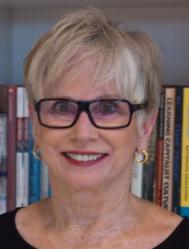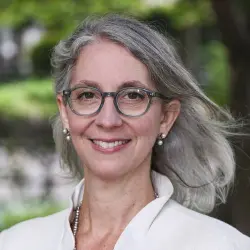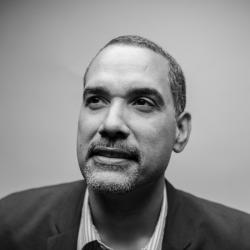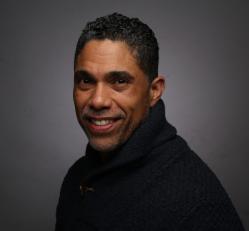

3:00 pm EST - 4:00 pm EST
Past Event
A community school strategy transforms a school into a place where educators, local community members, families, and students work together to strengthen conditions for student learning and healthy development. These partners organize in- and out-of-school resources, supports, and opportunities so that young people can thrive. As community schools responded to the COVID-19 pandemic, the strategy demonstrated its efficacy and potential for broader-scale system transformation, especially as its whole-child approach enabled schools to address the learning barriers the pandemic created for students and families. One consequence has been increased attention and funding, including substantial increases in the federal Full-Service Community Schools grant program, as well as several state-wide investments and initiatives.
The Community Schools Forward task force, convened by four national partners—the Center for Universal Education at Brookings, the Children’s Aid National Center for Community Schools, the Coalition for Community Schools, and the Learning Policy Institute—brought together national and local community school practitioners and advocates to identify and create field-informed resources to align, build, and scale evidence-based, effective, and sustainable community schools.
The resulting set of essential community school resources reflect the consensus of research and the deep experiential knowledge of diverse practitioners. Taken together, this body of work offers: 1) a framework that helps to define community schools, an implementation theory of action, and key outcomes and indicators; 2) assessment of capacity-building resources needed to strengthen community schools; and 3) preliminary implementation tools and resources needed to scale community schools.
On January 12, the Center for Universal Education at Brookings hosted a webinar to launch the Community Schools Forward task force’s essential community school resources. The webinar delved into the process of creating the essential resources and underscore their most important aspects. Following a keynote conversation and a framing presentation, a moderated panel discussion of experts shared their perspectives on what makes this a unique moment for the education field and how the work of the task force can advance community schools.
Viewers can submit questions via email to [email protected] or via Twitter at #CSForward.

Moderator

Panelist



Jon Valant, Lindsay Weixler
March 3, 2026
2026
Online only
Thursday, 2:00 pm - 3:00 pm EDT